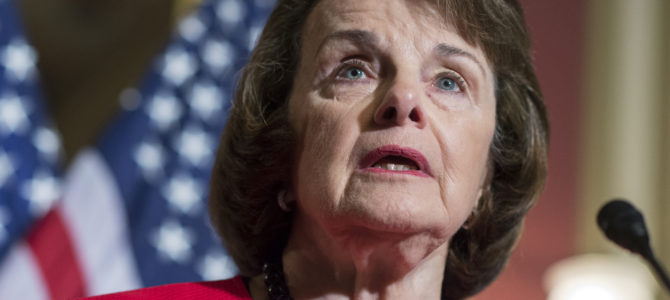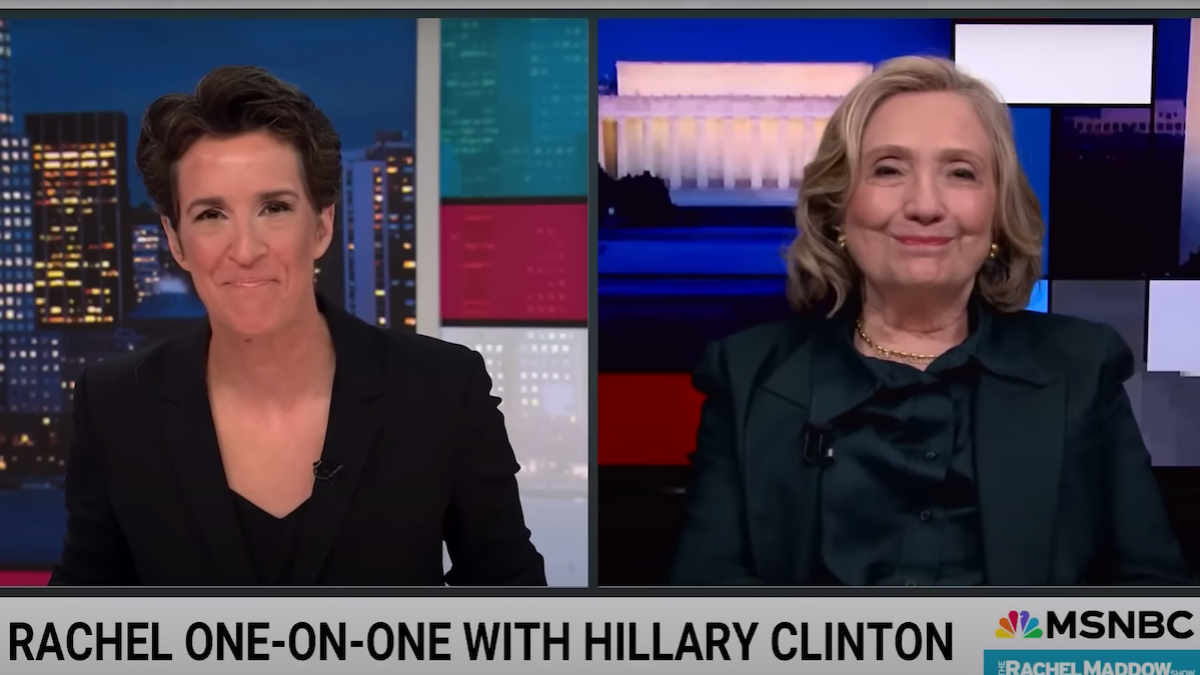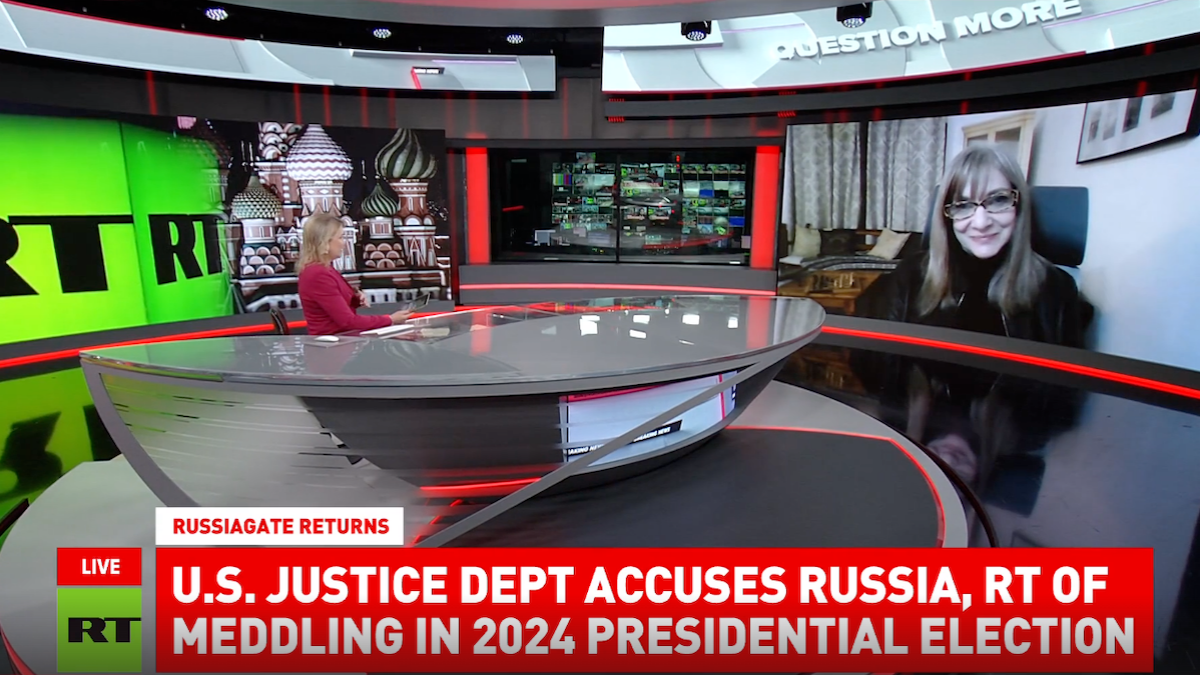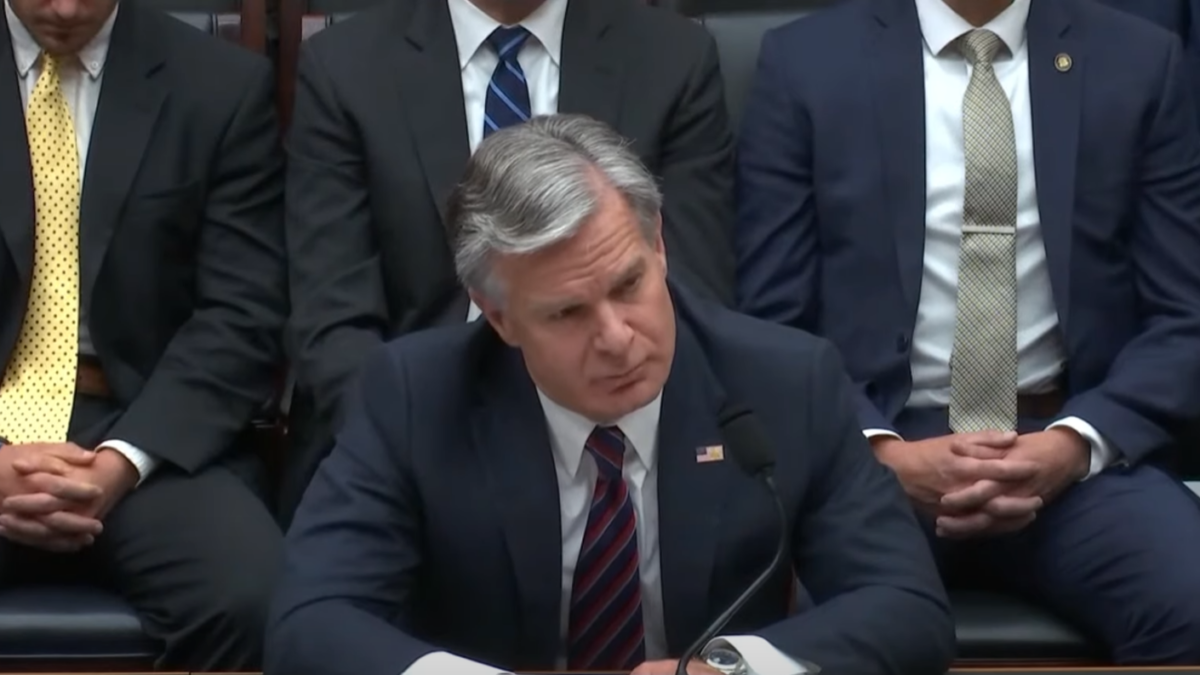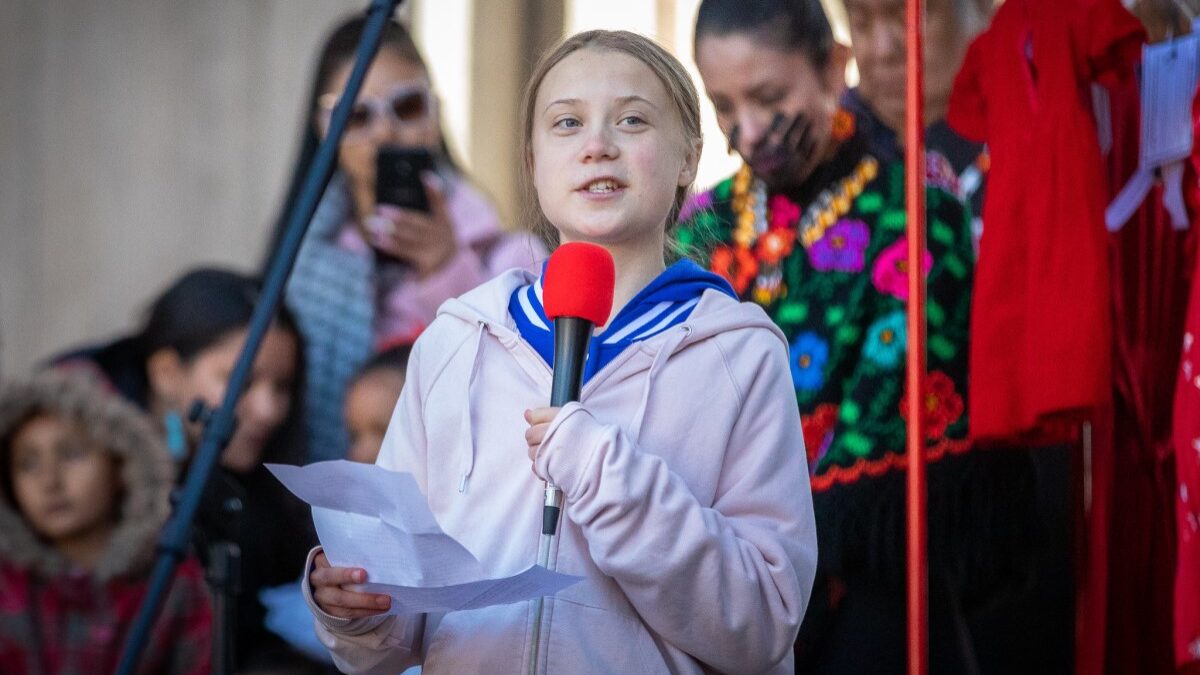Democrat Sen. Dianne Feinstein falsely claimed Monday the FBI and Justice Department didn’t talk to reporters about the Trump investigation during the 2016 campaign, but did discuss the Clinton email investigation. She concluded this helped Trump’s candidacy.
“While there were multiple leaks to the press about the Clinton investigation, there was not a single leak about the investigation of the Trump campaign,” Feinstein claimed in a Senate hearing. “Both investigations were ongoing during the presidential election, but only the Clinton investigation was discussed publicly. This unquestionably harmed candidate Clinton and helped candidate Trump.”
She was spinning the Justice Department inspector general’s report on the Clinton email probe, which found that (embarrassing) bias among top FBI officials did not affect the investigation’s outcome. She cited the false claim about leaks to bolster the idea that the FBI and Justice Department did not hurt Trump, and if anything, helped him by being hard on Clinton.
But Feinstein’s claim is unquestionably false. Leaks to The New York Times and Yahoo News about the FBI investigating the Trump campaign’s Russia ties made a huge splash prior to the election, and other leaks to various news sources that summer laid the groundwork for the Russia collusion narrative. Let’s review.
Yahoo News cited a senior law enforcement official in a Sept. 23, 2016, report saying the FBI was investigating whether Trump associate Carter Page tried to open a private line of communication with senior Russian officials. We now know reporter Michael Isikoff’s primary source for that story was Fusion GPS, an opposition research firm Democrats were paying to dig up dirt on Trump. The spy Fusion GPS got this information from was also informing the FBI.
Regardless, Isikoff was able to get a senior law enforcement official to confirm the investigation and serve as a second source for his story. “It’s on our radar screen,” the official said. “It’s being looked at.”
The New York Times then confirmed the wider investigation into Trump in an Oct. 31, 2016, story headlined “Investigating Donald Trump, FBI Sees No Clear Link to Russia.” Citing law enforcement officials, the Times reported the FBI had been investigating suspicions of collusion between Russia and members of the Trump campaign.
The FBI confirmed in July it was investigating whether Russia stole and disseminated Democratic Party emails in order to help Trump win the election, and law enforcement officials told CNN in August that the FBI was investigating Trump campaign chairman Paul Manafort’s work for a pro-Russian president in Ukraine. The Obama administration formally accused Russia of election meddling in early October, stating the intelligence community believed Russia was behind the stolen emails.
All the while, the Clinton campaign eagerly took up the narrative Russia was trying to help Trump win the election, and Senate Minority Leader Harry Reid called on the FBI to investigate the Trump campaign’s Russia ties in an August 2016 letter.
These reports laid the groundwork for the Russia-collusion narrative, which burst to life prior to the election with the help of the Yahoo News and New York Times reports sourced to intelligence and law enforcement officials. Feinstein’s claim that the government was mum on Trump while blabbing about the Clinton investigation simply doesn’t withstand scrutiny.
Remember, it was a former Feinstein staffer who hired Fusion GPS to push the anti-Trump collusion narrative following the election in the first place. A declassified congressional report confirmed reporting from The Federalist that the staffer, Daniel Jones, told the FBI in March 2017 he had retained Fusion and its source, former British spy Christopher Steele, to “continue exposing Russian interference” in the election. Feinstein has so far declined to comment about her connection to the possible genesis of the Russia narrative.
